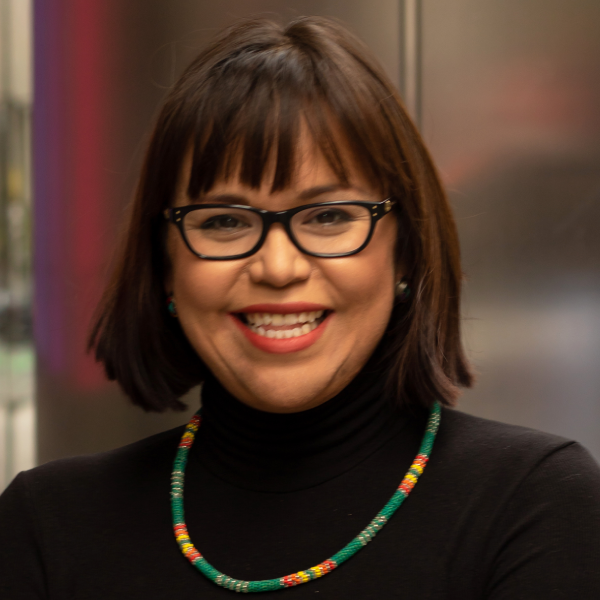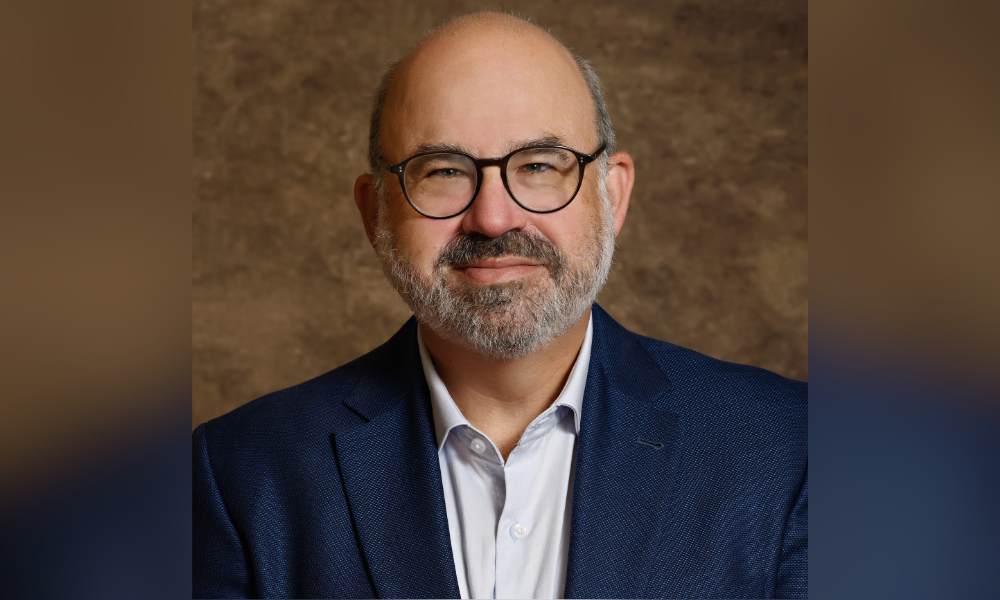I felt guilty putting my family through what I was experiencing; they have been here before. At the time, I was under a good character investigation by the Law Society of Ontario.
In July 2017, I stood on my sister’s balcony. I looked out and over the balcony. I then asked her if it would be OK if I could call her for safety. I had images of me jumping over the 23rd-floor balcony. I felt guilty putting my family through what I was experiencing; they have been here before. At the time, I was under a good character investigation by the Law Society of Ontario.
Applicants to the LSO must be of good character and they indicate such by filling out a form. The form asks questions about past convictions or findings of guilt, among other things. The applicant must answer yes or no. Positive answers require supporting or relevant documentations. While I asked for clarification, nobody could provide answers to my simple question: What are supporting or relevant documentations? The LSO does not provide any information about what these are.
At the time, I also attached a letter detailing my history of surviving gender-based violence and exploitation to now becoming an expert on these issues. I thought the letter was sufficient; it was not.
In June 2017, I received a call from an investigator, nearly six months after I applied.
The investigator described the letter she was sending and told me to not “stress.” She said the LSO requires more information. She outlined that I would also need to meet with her in person at some point.
I was unable to follow her advice to not “stress” after seeing nearly 20 disclosure requests. At the time, I was in the process of moving to Toronto to begin my articles, completing the lawyer licensing examinations and overcoming grief after the recent passing of my father in February 2017.
The first time I tried to commit suicide, I was a young person. After my first attempt, I ended up in the intensive care unit. I was in my early twenties in my final attempt. In the past, I did not have the appropriate supports. When I read the LSO’s letter, I felt this way again because I felt guilt and sadness for simply surviving as a young Indigenous woman. I also witnessed the LSO laud its equity, diversity and inclusion initiatives, including its statement of principles, which requires all members to acknowledge their obligation to promote equality, diversity and inclusion. As the debate raged about whether the statement of principles was “compelled speech,” I was advised that it was best that I wait until I was called to the bar before I wrote about my experiences.
The investigator received my reply to the LSO’s June 2017 request in January 2018. This was after a nearly three-month delay for one document disclosure (these delays were not caused by me or my lawyers).
It was not until February 2018 that I could find some time to meet with the investigator as I was working on major projects as part of my articles. I asked my lawyers, Ian Smith and Amy Ohler, if they could be present because I was scared to return to a time in my life filled with violence and exploitation. Having just turned 31 in October 2017, I thought I could leave that part of my life behind.
The purpose of the good character requirement is to protect the public, maintain high ethical standards and to maintain public confidence, among other things. One must be honest and forthright, regardless of the required disclosures. These disclosures required me to highlight two exploitative situations, one when I was 18 years old and another when I was in my early twenties. Both situations also involved police. During one instance, I tried to kill myself while in police custody. When the police brought me to the hospital, the doctor recommended I stay at the hospital for further care but agreed to my release back to the police if I was placed on suicide watch and followed up with a psychiatrist. For the first set of charges, I received an absolute discharge. In the second, the charges were withdrawn.
When I met with the investigator, some of the questions related to suicide and drug/alcohol counselling. I have never been to such counselling; rather, I have been to counselling to address the trauma I have experienced throughout my life. Ironically, I also had to return to counselling because of the investigation. I requested a copy of the recording made during this interview with the LSO investigator to ensure I accurately captured what was discussed, but the LSO would not release the recording.
Before meeting the investigator, I sat at a board room table at my lawyers’ office. We talked about my first letter, the process and the questions the investigator might ask. I recall Ian asking about why I wrote my first letter. He stated, “It makes you seem worse than you actually are.” I paused for a second, to think about my response, and I replied, “Because it is the truth.” The truth is, and from my perspective, the LSO needs to do better.
Naomi Sayers is an Indigenous feminist and lawyer who is currently working in the energy sector.











